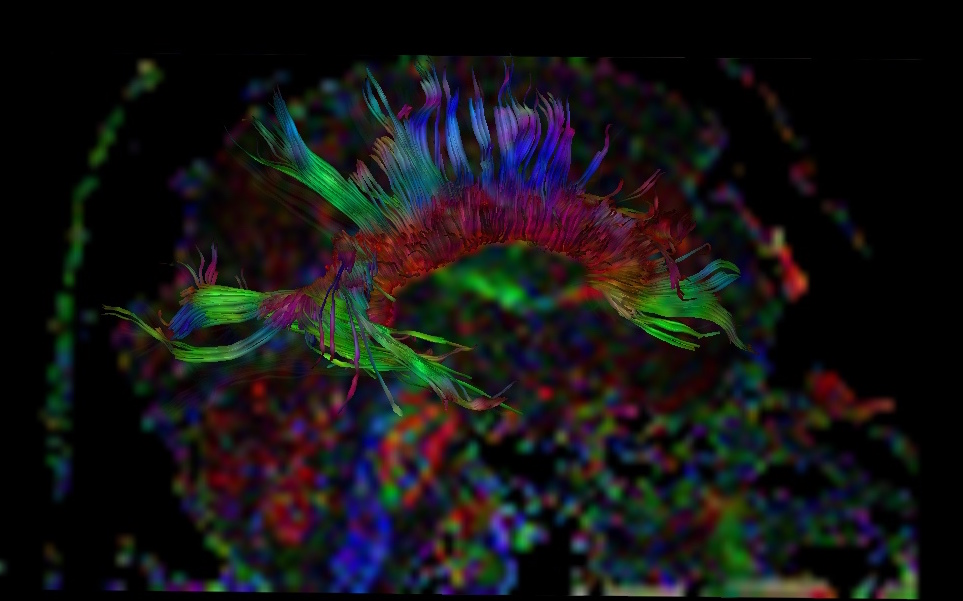Severe Challenge of Surviving a Brain Injury Without Diagnosis
Colliding Careers and Relationships after Brain Damage
By Gordon S. Johnson, Jr.
My brain injury occurred a year before going to law school. I was thrown from a car at expressway speed. Upon waking, I was surrounded by ambulance personnel. In the emergency room, I was assessed for a cervical injury. The test came back negative, so I was discharged. This occurred in 1975 when there was no CT scan. I wasn’t told I had a head injury, so I was never warned about what lied ahead.
I had not discovered the deficits in my brain until I had an MRI done 38 years later.
If I’d known I had a brain injury, it may have held me back. I may have lost the confidence to go to law school.
Should I have been told? Of course. Did it change me? A picture of me now is probably what my high school history teacher would have predicted. Within a matter of weeks, I gave up my chosen profession, lost a relationship that may have ended in marriage, and was thrust into the depths of despair. Had I known I had a brain injury, I may have avoided these devastating consequences.
I graduated college at Northwestern University six weeks after my brain injury. I thought I was healthy, so I went off to start my career as a reporter at a small town newspaper in Leesburg, FL. The job was not beyond my previous ability. I had graduated from the Medill School of Journalism and was sports editor at the award-winning college paper the Daily Northwestern. Despite my credentials, I was unable to handle the pressure of deadline reporting and coming up with story ideas. On my second day on the job, I lost enough confidence to quit the job.
Surviving a Brain Injury Requires Loving Support
In the weeks between my car wreck and the end of my journalism career, I was what you could say was volatile. I was in a relationship with someone who had to take care of me and couldn’t understand my irrational jealousy and extraordinary dependency. If I had gotten a simple explanation of brain injury, I would have still been with her.
However, at the time where I needed to decide between her and a job, I chose the job.
Three months later, I had lost the main support in my life. I had no career, no girlfriend, no respect from my closest of friends. I was shunned from the Northwestern community. I had to deliver newspapers that didn’t contain my writing.
The thing that saved me from further deterioration was my motivation to take the LSATs. Studying for the exam gave me a goal and focus. My most significant deficits were in mood and not cognition, so I was able to do well on the test. Law school became possible. I was on a new path.
However, an acceptable score on the LSAT did not mean I had recovered. I still struggled with motivation, initiative, and relationships the following year. I still had challenges my first semester of law school. The discipline of law school and exercise gave me an accidental recovery to the point where a year and a half after my injury I was functioning at pre-injury levels.
Why Take a Chance on Accidental Recovery?
I believe that brain injury recovery should not be accidental. People with brain injury need the treatment. It would have saved my writing career and my most significant relationship. I would have had more hope. I would have had my support network in tact.
The most significant risk factor after brain injury is neurobehavioral problems and problems with mood. Suicide is a definitive risk factor. I got hope from the LSAT, but it was only just in time.
Head injury can change lives, but one does not have to lose hope for the future. I believe I have had a miracle recovery. However, recovery is much more positive an outcome if the person knows what they are recovering from. I shouldn’t have had to wait as long as I did for someone to tell me.
For more on my struggles after my brain injury, click here.
